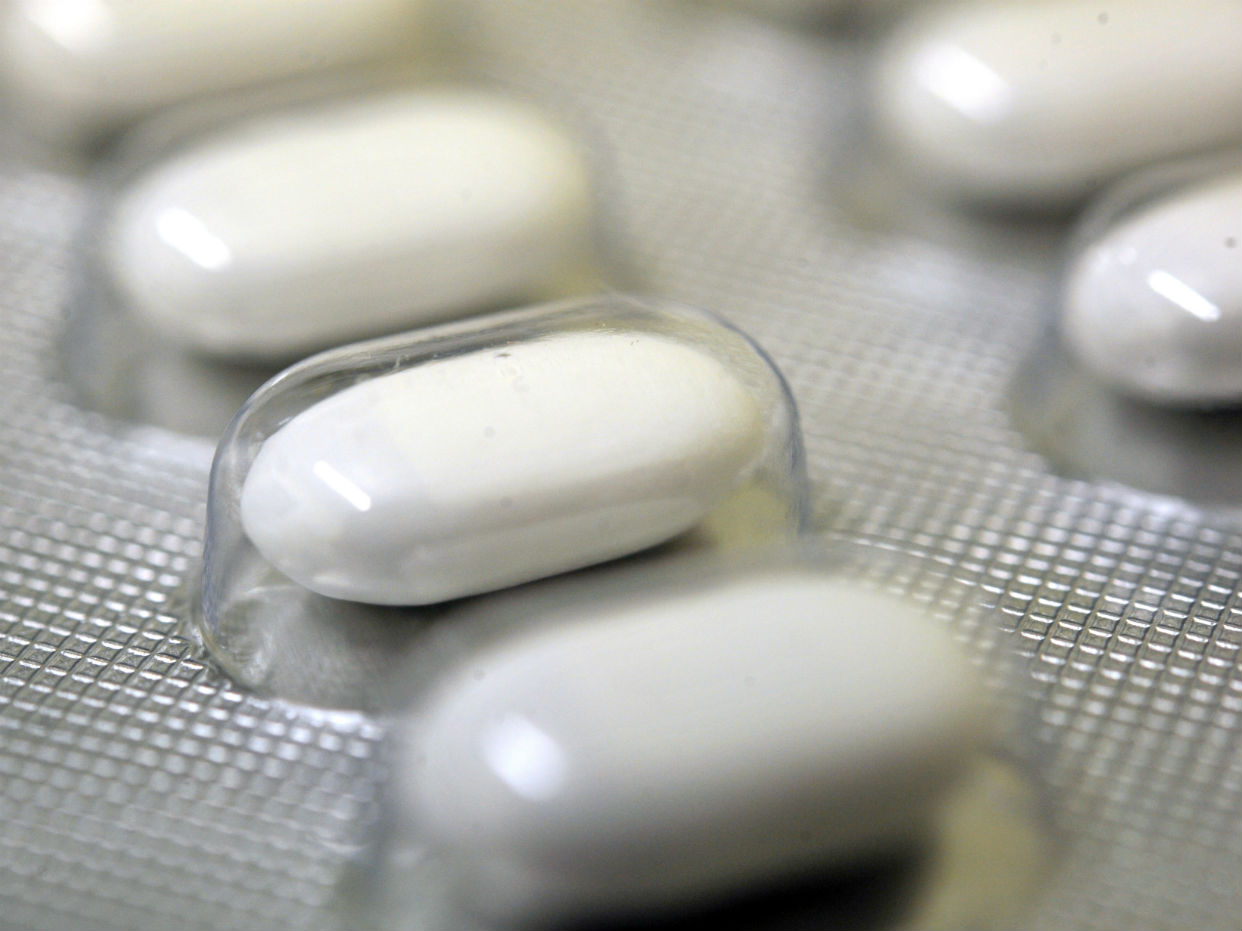Double boost for Alzheimer’s as new treatments offer hope
New drug and sound therapy could prove historic breakthrough

A free daily email with the biggest news stories of the day – and the best features from TheWeek.com
You are now subscribed
Your newsletter sign-up was successful
Doctors have announced a “turning point” in the treatment of Alzheimer’s disease after the discovery of a drug they say can slow the condition if it is caught in its earliest stages.
Aducanumab, made by Biogen, could be “one of the most stunning reversals in the history of pharmaceutical development”, says The Times. Its development validates “billions of pounds of research and decades of work”.
Biogen’s chief executive, Michel Vounatsos, said he hoped it would become “the first therapy to reduce the clinical decline of Alzheimer’s disease”.
The Week
Escape your echo chamber. Get the facts behind the news, plus analysis from multiple perspectives.

Sign up for The Week's Free Newsletters
From our morning news briefing to a weekly Good News Newsletter, get the best of The Week delivered directly to your inbox.
From our morning news briefing to a weekly Good News Newsletter, get the best of The Week delivered directly to your inbox.
The company said patients in tests had better cognition, memory and language and were able to live independently for longer. They were able to undertake household chores and travel on their own, making them less dependent on care.
Hilary Evans, chief executive at Alzheimer’s Research UK, said: “People affected by Alzheimer’s have waited a long time for a life-changing new treatment and this exciting announcement offers new hope that one could be in sight.”
According to James Pickett of the Alzheimer’s Society, the drug has “the potential to be a transformative discovery”.
Some experts are urging caution, though, saying that more information is needed. US regulators are still in discussions with the drug’s owner and have yet to approve it.
A free daily email with the biggest news stories of the day – and the best features from TheWeek.com
In a separate development, The Guardian says that doctors in the US are examining whether exposure to flickering lights and low frequency sounds can slow the progression of the disease.
Trial patients will have daily one-hour sessions of the radical light-and-sound therapy, which researchers hope will induce brain activity that protects against the disorder.
They will then have cognitive tests every 12 weeks to assess their brain function and regular scans to measure their brain activity and the connectivity of neurons across the organ.
–––––––––––––––––––––––––––––––For a round-up of the most important stories from around the world - and a concise, refreshing and balanced take on the week’s news agenda - try The Week magazine. Get your first six issues for £6–––––––––––––––––––––––––––––––